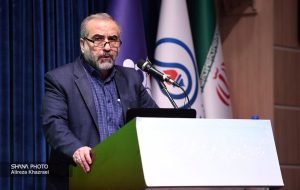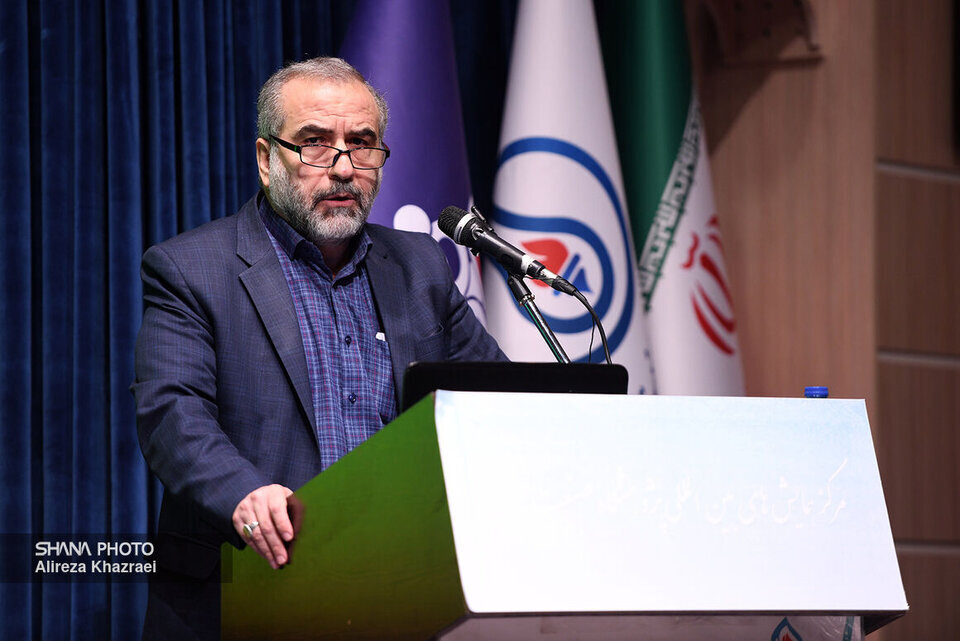Energy consumption in Iran twice world standards, says official
TEHRAN – Managing director of the Iran Fuel Conservation Company (IFCO) Hosain Abniki, says energy consumption in Iran is more than double the world standards. Speaking in a press conference on the sidelines of Iran’s International Oil, Gas, Refining and Petrochemical Exhibition (Iran Oil Show 2024), running in Tehran, he said that management and optimization


TEHRAN – Managing director of the Iran Fuel Conservation Company (IFCO) Hosain Abniki, says energy consumption in Iran is more than double the world standards.
Speaking in a press conference on the sidelines of Iran’s International Oil, Gas, Refining and Petrochemical Exhibition (Iran Oil Show 2024), running in Tehran, he said that management and optimization of fuel consumption was the only way forward to deal with the problem.
He told the reporters that the oil sector was the backbone of Iran’s economy because it feeds the entire national economy adding “All other sectors of the economy are dependent on the oil industry and that is why any change in the oil sector will have an impact on any other sector.”
“Fortunately, since the 13th administration took office, many efforts have been made in view of boosting oil and gas production and exports even though we have not been able to manage fuel consumption despite the existence of adequate potentials to do so,” the IFCO head said.
“Today, energy intensity in our country is not satisfactory because our fuel consumption goes beyond double the world standards, which has led to huge imbalances in the energy sector. In fact, energy consumption in our country is estimated to be equivalent to 7 million barrels of oil per day.” He added.
He further noted that the capacity to optimize fuel consumption is equivalent to 3.5 million barrels of crude oil per day which is mainly due to overuse of energy in sectors like construction, transportation, etc.
Considering this situation, management, and optimization of energy consumption are the only ways ahead to remove imbalances, Abniki announced.
According to him, the establishment of an organization for optimizing energy consumption, under the provisions of the 7th development plan, is a requirement; “which in itself will be a great leap forward but is not enough.”
He noted that “there are other means available for management of fuel consumption including the formation of an energy optimization fund, launching an optimization and environment market, especially for management of gasoline and gasoil consumption and issuance of the first gas conservation certificates at energy bourse.
Culture is another factor that can play an important role with regard to reducing fuel consumption and we pursue it as well, Abniki concluded.
EF/
